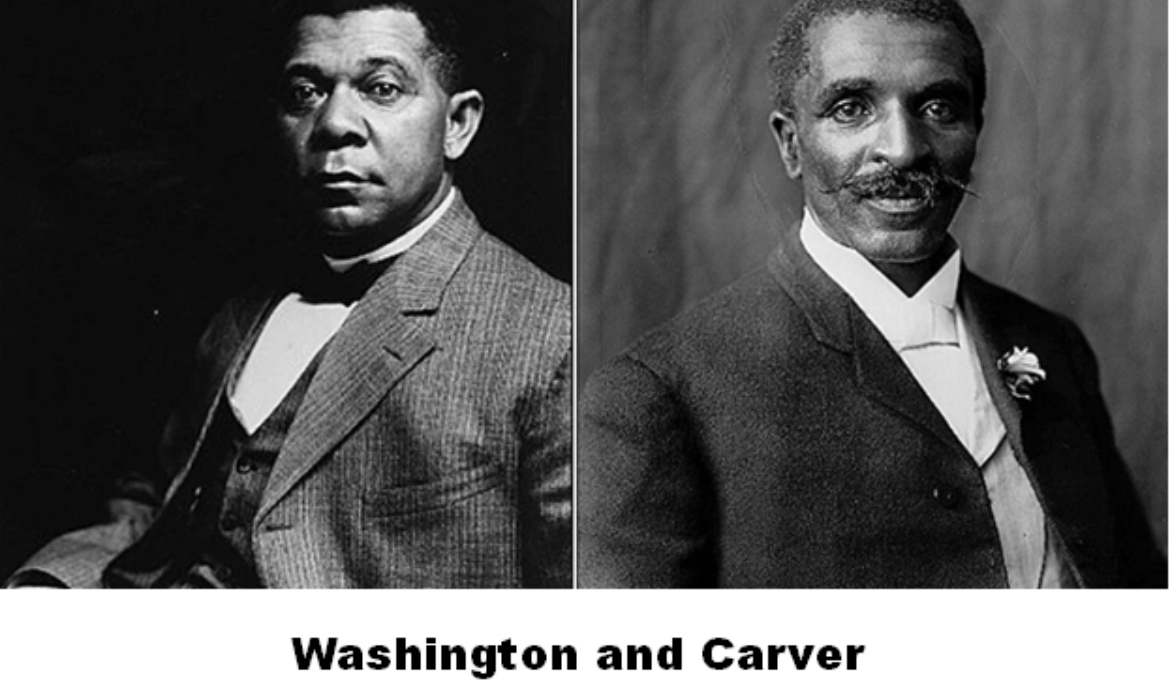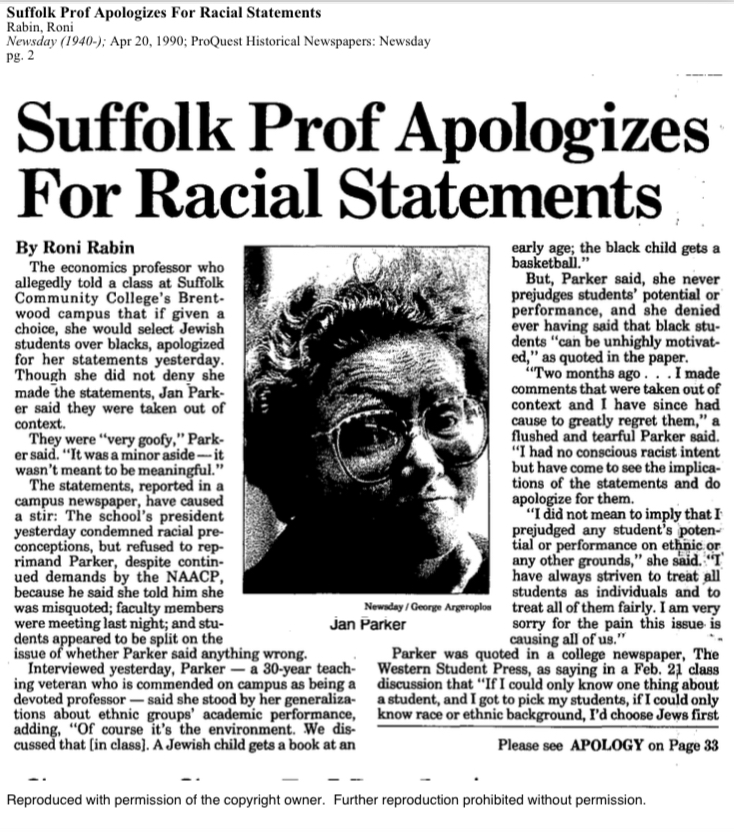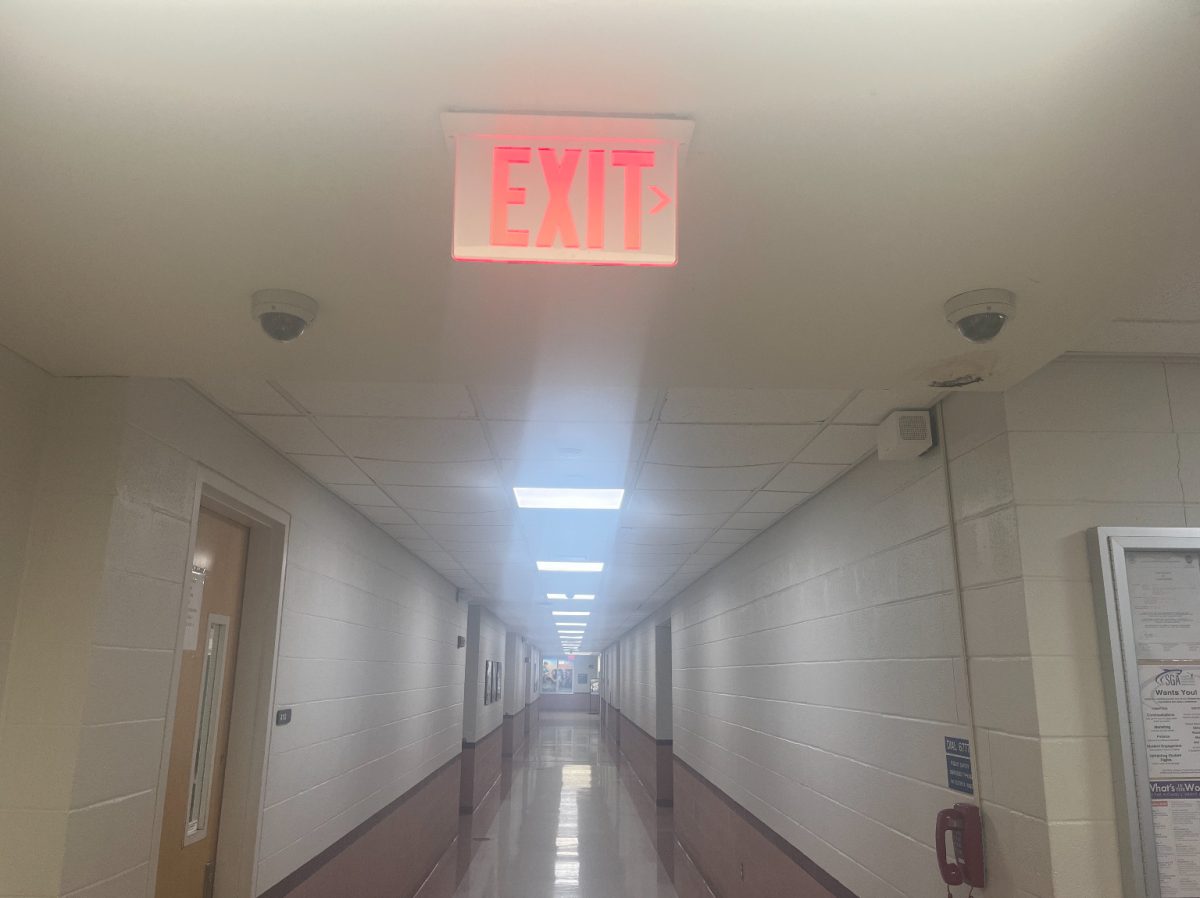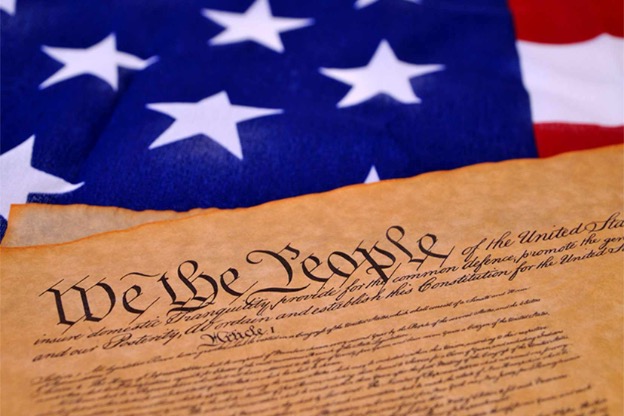Law enforcement in the United States has always been distributed geographically: town, country, city, and state. The only time the F.B.I. gets involved is when the crime and/or the perpetrators cross state lines. Today, they also investigate terrorism, violent crime (e.g. gangs, crimes against children, fugitives), kidnapping, missing persons, espionage, civil rights violations, etc. Very rarely does the F.B.I. get involved in politics.
However, Bob Woodward was an aide to Admiral T. H. Moore, the Chairman of the Joint Chiefs of Staff (1969/1970) and was delivering papers to the Situation Room in the White House when he met Mark Felt, the assistant director of the F.B.I. He offered to help Woodward, who was considering law school at the time, and a friendship began. Eventually Woodward decided against law school and started working at The Washington Post to this day as an associate editor.
When Watergate began in June of 1972, Felt offered to help Woodward but with the understanding that no one must know. Ever. So they arranged a meeting place and time, in an obscure parking garage in Rosslyn, Virginia sometime in the middle of the night. Woodward gave him a code name – Deep Throat – and no one, not Carl Bernstein, senior editor Ben Bradlee, or even Post owner Katharine Graham, ever knew who that was until after Felt died in 2008. Every piece of information that originated with Felt had to be verified by two independent sources before it could be published so it couldn’t be traced back to Felt… and it worked. The debates about this went on and on but Woodward kept his word until after Felt’s funeral, which is what Felt wanted.
This has pretty much always been the story of the F.B.I. – powerful, professional, and true to its motto: Fidelity. Bravery. Integrity. Ask any agent and you will be told that keeping a low profile is a requirement of getting that badge, and that loyalty to the Constitution is paramount. Hence the title of James Comey’s first book: A Higher Loyalty. Comey was the director of the F.B.I. from 2013 until 2017, appointed by President Barack Obama.
In fact, all members of the government at all levels – from the president down to local town leaders and employees – take an oath in one form or another to support and defend the U.S. Constitution, as well as – where applicable – local and state constitutions and laws. There is no instance of anyone in public office at any level pledging an oath to a single individual.
“I, ________, do solemnly swear that I will support and defend
the Constitution of the United States against all enemies, foreign and
domestic … and that I will faithfully discharge the duties of the office on which
I am about to enter. So help me God.”
Even the president cannot force anyone to violate that oath. Although there are certainly times when it can be tempting to try, no one should even disregard that oath or try to persuade someone else to do so.
However, there are those who wish to eliminate the Constitution completely, claiming that it is an antiquated document that has long outlived its usefulness. Some of those are in a position to enforce that concept by firing those who don’t acquiesce to their wishes. Contrary to popular opinion, Executive Orders cannot override the Constitution. Even a corrupt Department of Justice cannot undo the laws of the Constitution, although it has on occasion tried. Many people think the Constitution can be changed with a bill passed by Congress and signed by the president. That is not the case. In order to change the Constitution, an amendment (change) must be added to the Constitution through a long and involved process.
First, a Congressional committee is formed to discuss and write up the proposed amendment. Then it must be approved by both Houses of Congress. Then the president must add his/her approval. If at any point a change of some kind is proposed, the bill goes back to the committee and the process starts anew. When it finally wins approval of two-thirds of both houses and the president, it is sent to each state legislature for their approval. Any proposed changes send the bill back to Congress and the process starts over. When the bill is finally approved at all of the appropriate/required levels, it is then signed by the president and officially added to the Constitution.
There is a reason for all of this: the Constitution is the foundation of our democracy. To change it at whim undermines its effectiveness, eventually destroying it completely. Once that happens, we no longer have a democracy and the United States of America will no longer exist. We cannot ever allow that to happen.









































